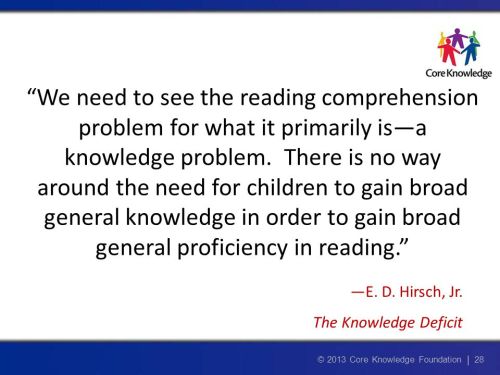Facebook Community Standards and the 2019 True Teacher Education Activist
I decided, to write a Facebook post about the June 10, 2019 the New Haven Public School Advocates call for people to come attend the Board of Education Meeting to speak up against cutting more teachers. Once again, Facebook has decided a Education Activist Literacy Professor is too much to handle. Perhaps, telling parents and teachers to stand up and fight back against these school budget cuts is just too radical for Facebook.
Maybe using the words fight back, is too much for Facebook. Or maybe I tagged the wrong people. Or maybe a Literacy Professor who not only defends his students and teachers in the school house, but outside is too much for Facebook to handle. Either way this True Teacher can't be silence!
I let my reader decide
Maybe using the words fight back, is too much for Facebook. Or maybe I tagged the wrong people. Or maybe a Literacy Professor who not only defends his students and teachers in the school house, but outside is too much for Facebook to handle. Either way this True Teacher can't be silence!
I let my reader decide
So connecticut, it is that time of year again, when public schools in Black, Brown, and Poor Communities when cities announced layoffs, school closings, and cut librarians, special education and reading teachers, social workers, and after school programs. Maybe cut a few more art and CONTINUE READING: Children are more than test scores: Facebook Community Standards and the 2019 True Teacher Education Activist

















